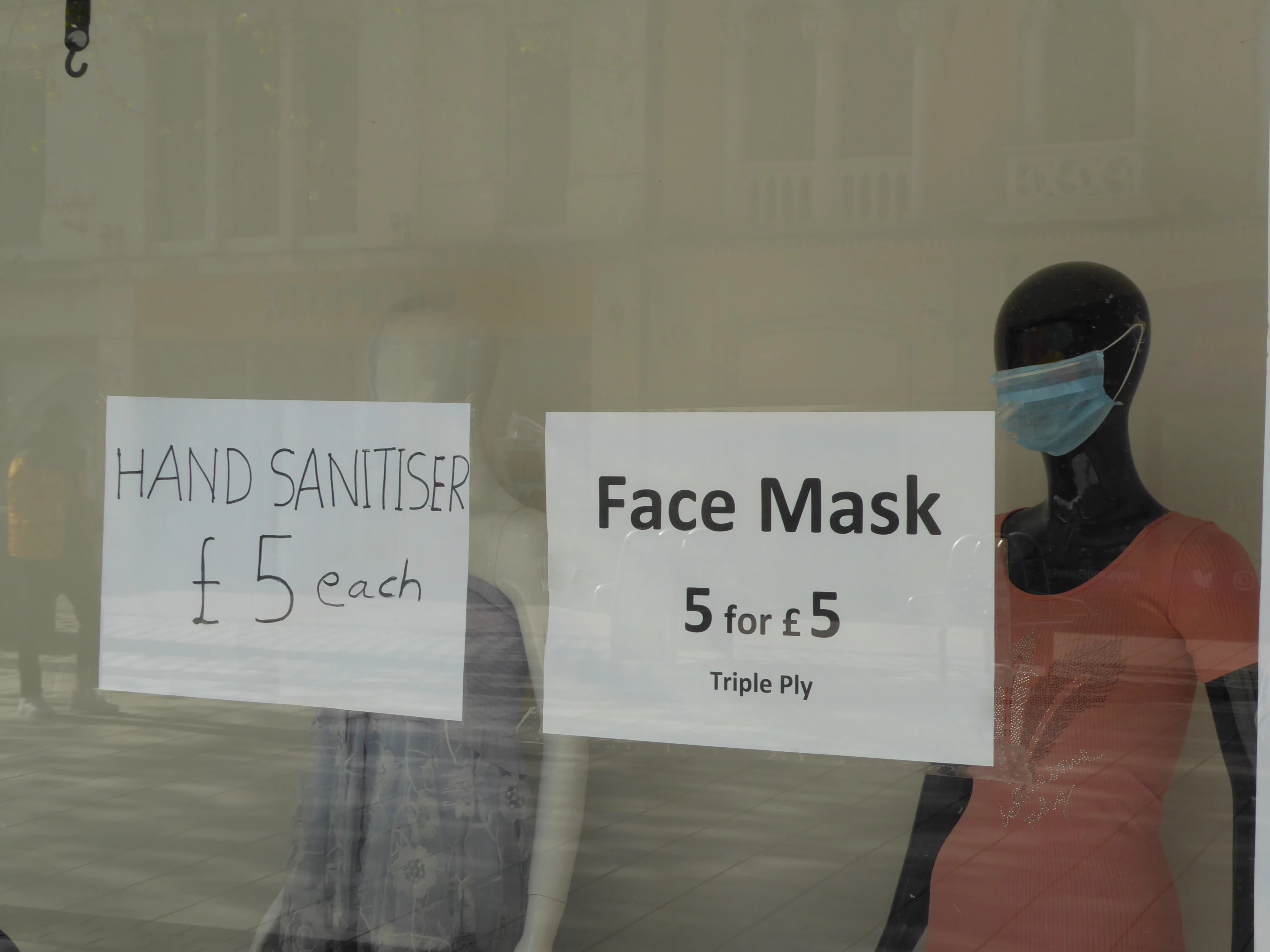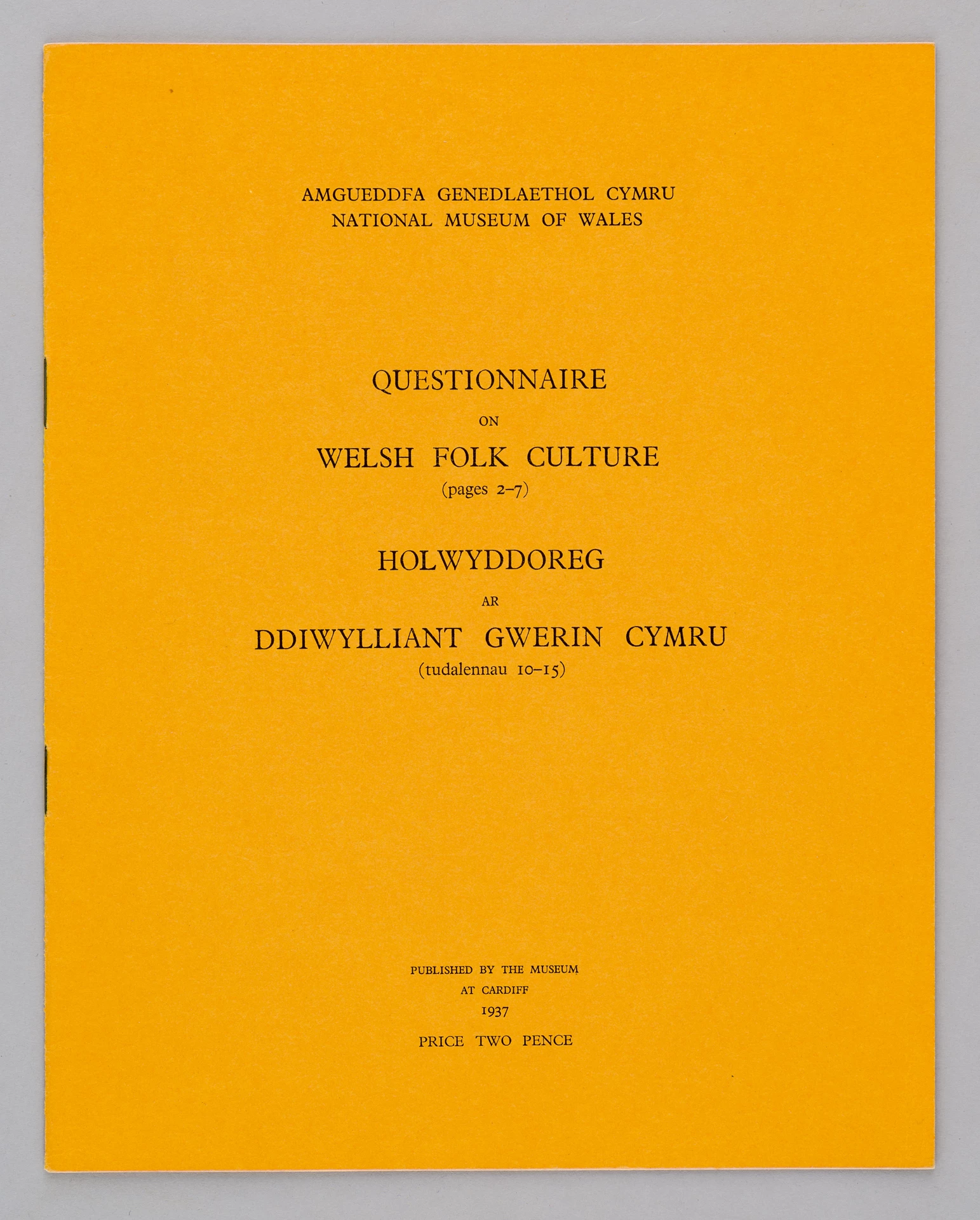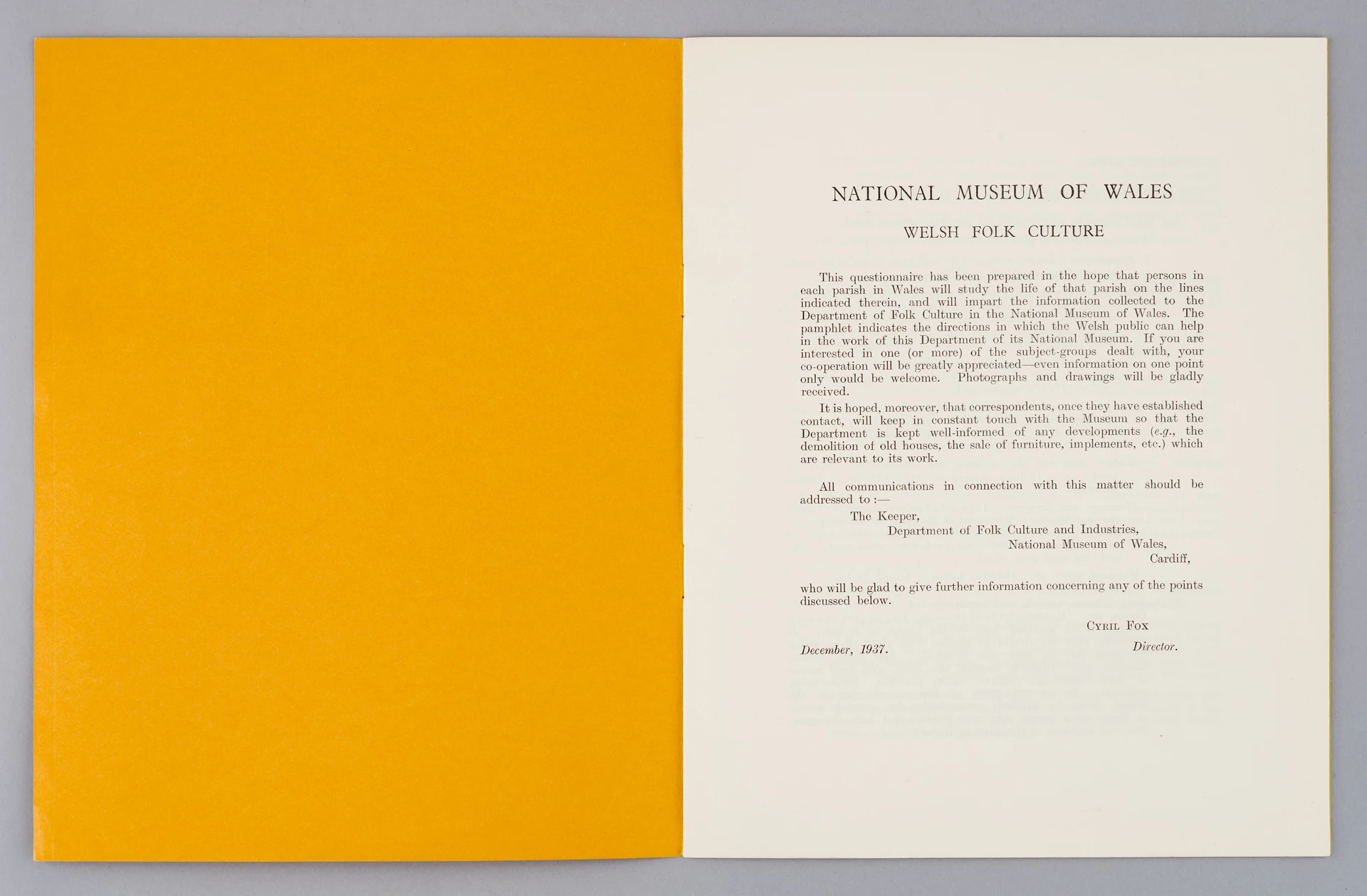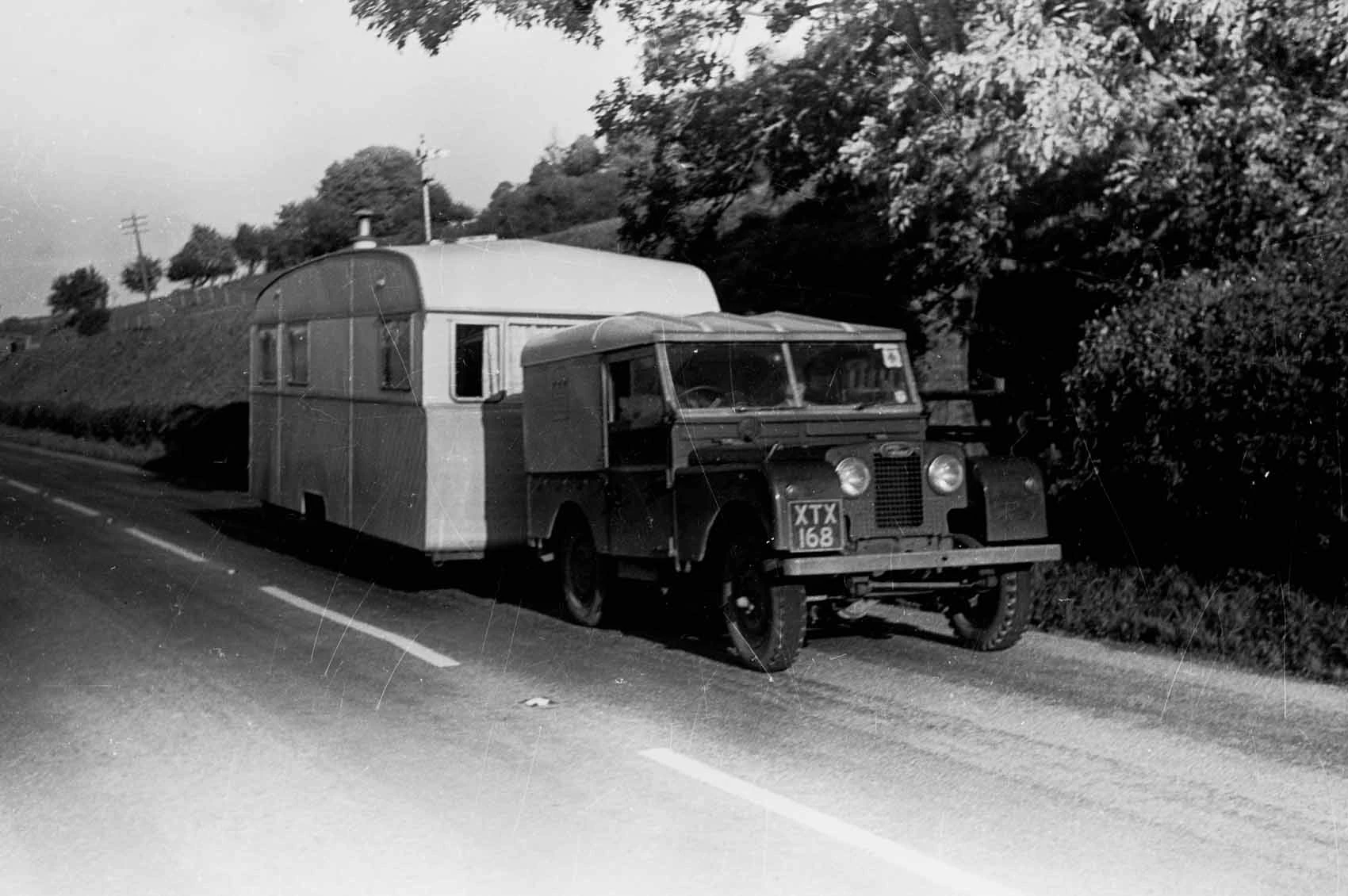The COVID-19 Questionnaire – revisiting collecting methods of the past
, 15 May 2020
At this moment in time, museums across the world are launching initiatives to collect objects and personal stories relating to COVID-19.
This pandemic has raised a raft of questions for all museums, especially in relation to how they collect the current crisis in meaningful, ethical and sensitive ways. At Amgueddfa Cymru, we routinely collect the here and now (think Brexit, the Women's March etc.), but the enormity of this pandemic – its impact on individuals and communities across Wales – is unlike any other national event we have documented in recent decades.
Today, we launched a digital questionnaire as a first step towards creating a national COVID-19 collection at Amgueddfa Cymru, to be archived at St Fagans National Museum of History. With your help, through the questionnaire, we hope to collect personal stories (written testimony, photographs and films) from across the country to create a comprehensive picture of life in Wales during the lockdown and beyond. We will also use the responses to identify and collect objects which could, in the future, represent the 3D memory of COVID-19 in Wales.
By doing this, we are revisiting a collecting methodology which is rooted in the Museum’s history, and is indicative of the early collecting practices of Dr Iorwerth Peate – the first curator of St Fagans. In December 1937, Dr Peate, who at the time was based at the National Museum of Wales in Cathays Park, published a questionnaire which was sent to 493 respondents across Wales. Launched in a decade largely defined by economic hardship and unemployment, it asked participants to provide information about the domestic, public and cultural life of their local area. Although developed by Iorwerth Peate, the questionnaire’s introduction was penned by the Museum’s Director, Cyril Fox:
This questionnaire has been prepared in the hope that persons in each parish in Wales will study the life of that parish on the lines indicated therein… The pamphlet indicates the direction in which the Welsh public can help in the work of this Department and its National Museum… Photographs and drawings will be gladly received… It is hoped, moreover, that correspondents, once they have established contact, will keep in constant touch with the Museum so that the Department is kept well-informed of any developments which are relevant to its work.
In preparing the questionnaire, the Museum was effectively asking the people taking part to become regular informants, to use their community knowledge to assist with developing a collection which would later form the basis for the creation of the Welsh Folk Museum at St Fagans in 1948.
Questionnaires and blank ‘answer books’ requesting information on a range of subject areas were in regular use by the Museum up until the 1980s, and today the responses received (almost 800 in total) form a significant part of the archive collection at St Fagans.
Another collecting method pioneered by the Museum under the direction of Iorwerth Peate was the collecting of oral testimony. Following a public appeal launched on BBC radio in March 1958, St Fagans embarked on the systematic collecting of oral traditions and dialects. The funds raised allowed the Museum to buy recording equipment to undertake the work, including an EMI TR51 portable recorder, and a DC/AC converter, with two acid batteries and yards of cable, to record people in remote areas without electricity. A Land Rover was also purchased, fitted-out with wooden units made by the Museum’s carpenter to house the recording equipment.
Today, we have over 12,000 recordings in the archive, and in recent years we have become a repository for oral histories collected by community groups and organisations across Wales – from Mencap Cymru to Merched y Wawr.
The Land Rover may be long gone, but recording people’s lived experiences is still an important part of the collecting work we do, now more than ever. We very much hope that the COVID-19 questionnaire, the first to be launched by the Museum in the digital age, will enable people experiencing the pandemic in Wales to share their own stories in their own words, and provide future generations with personal, first-hand accounts of this chapter in our history.








Comments - (1)